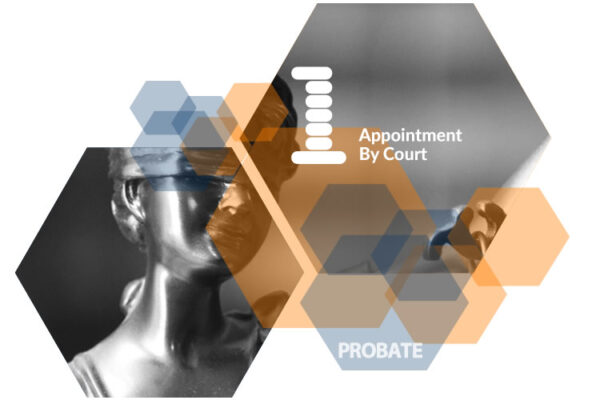PROBATE
IN STATE OF CALIFORNIA

Appointment by Court
To start the probate process it is necessary to file a petition with the superior court in the county where the deceased person lived at the time of death. This petition is set for hearing approximately 30 days after it is filed with the court.
If there is an emergency and it is necessary for someone to act within the 30-day period, it is possible to get someone appointed within 24 hours as a “special administrator.” This person handles estate assets until the executor or administrator gets appointed. If the decedent was the only signer on a business bank account and salary and other bills have to be paid immediately, a special administrator can be appointed.
If the will had special wording at the end of it where the witnesses sign, then it may be “self-proving” and no additional statements are necessary. If the will is not self-proving then a statement must be obtained from one of the witnesses to the will.
If a witness cannot be located, then there are several alternative ways of proving the will. If the will is handwritten, anyone who is familiar with the decedent’s handwriting can sign a statement proving the will.
If the will does not waive a surety bond, then the executor or administrator must post a surety bond. The surety bond is nothing more than an insurance policy which insures the estate if the executor or administrator does something improper or steals from the estate. Unfortunately the premium of approximately $200-800 is paid out of the estate assets.
At the court hearing if everything has been done and there are no objections, the court will admit the will to probate and appoint the executor or administrator.

After the appointment the executor or administrator must file a special form with the court titled “letters testamentary” or “letters of administration.” This is signed by the person, and he or she agrees to act as executor or administrator. Later, when taking legal action or transferring assets, other parties will want a certified copy of these “letters” showing that the person has the legal authority to act. These “letters” cost approximately $27 per copy.



